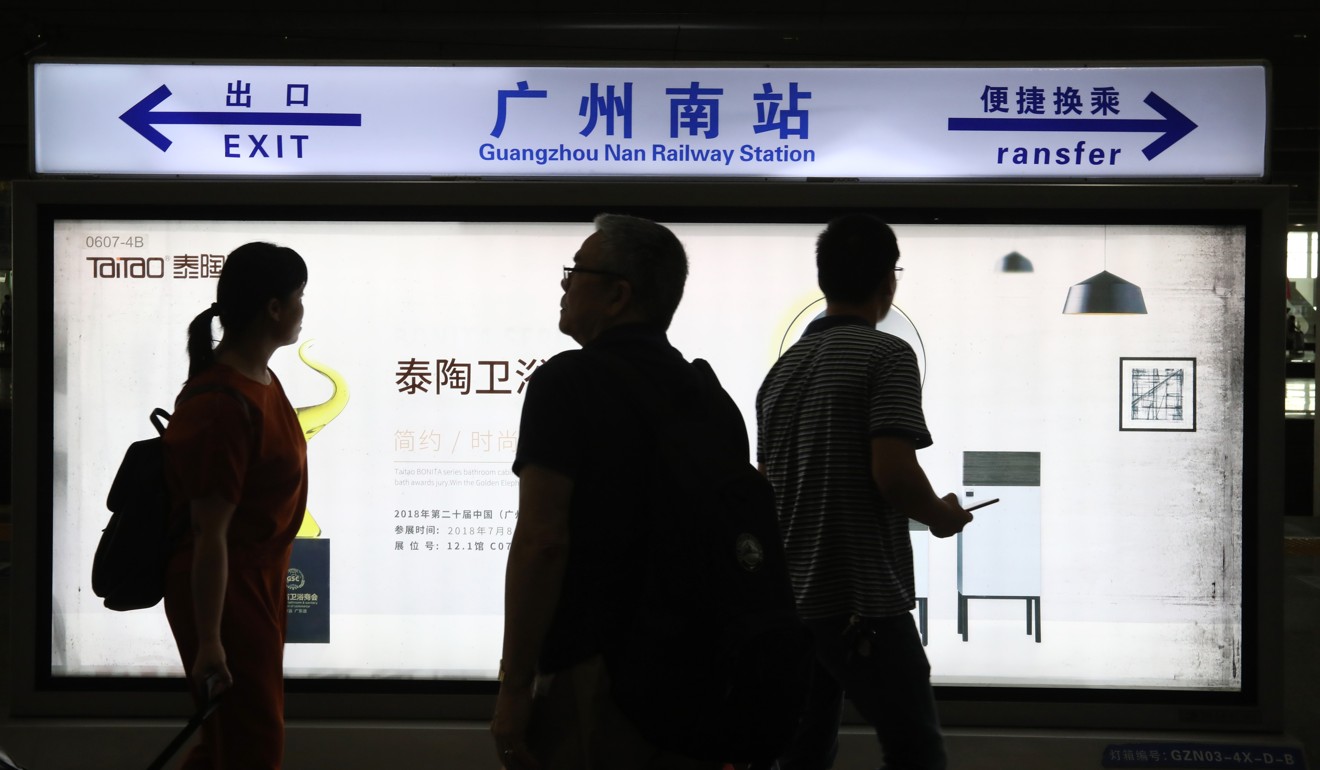
Hong Kong commercial property and housing markets face slowdown as trade war, souring sentiment bite
Shop rents in Central could drop by up to 10 per cent this year, according to Cushman & Wakefield
Hit by factors that include the escalating trade war between China and the United States, shop rents in Hong Kong’s Central district could drop by up to 10 per cent this year, growth in overall office rents could ease further and home prices might drop by 40 per cent in two years, according to analysts.
Demand for retail property in Central was consistently weak, with vacancy rates rising to 7.1 per cent this quarter from 4.3 per cent in the April to June period, according to consultancy Cushman & Wakefield. The prices of shops in the district also dropped, by 1.8 per cent to HK$836 per square foot, this quarter.
Hong Kong home buying demand dampened by borrowing costs, trade war
Kevin Lam, head of retail services at Cushman, said he remained conservative on the outlook for the retail leasing market in the coming months, despite the recent launch of the Express Rail Link, which should help to boost the volume of mainland tourists.
“Trade tensions and potential threats such as the depreciation of the yuan, which has come down by 8.7 per cent against the Hong Kong dollar since April, and a broad reduction of import tariffs in the mainland since July, would undermine the [appeal of goods sold in] Hong Kong,” said Lam.
He forecast an up to 10 per cent drop in shop rents in Central this year.
As for the office market, although greater Central, which includes Admiralty and Sheung Wan, remained the world’s costliest business district, with monthly rents standing at HK$137.9 per square foot, growth in this segment eased from 2.4 per cent in the first quarter to 0.7 per cent this quarter along with other districts, according to Cushman.
“Business activity and expansion slowed a bit in view of the trade tensions and their possible impact,”
said Keith Hemshall, head of office services at the consultancy. “Liquidity controls in China have limited [the expansion of financial services] companies.”
Some office space was also not being rented any more, including 117,633 sq ft in greater Cental and 94,380 sq ft in Wan Chai and Causeway Bay. Hemshall said other reasons for this included high rents, low supply and a souring sentiment amid rising interest rates.
The consultancy said the impact of the trade war on the local office market would be felt fully in six to nine months, and that growth in rents would be even slower by then, although a drop was not likely soon.
Sentiment was not any more optimistic for the residential property market and economy.

The prices of private housing estates in New Territories West dropped by 2.55 per cent on average in the past 12 weeks, with those on Hong Kong Island and New Territories East down by 2 per cent and 0.56 per cent, respectively, according to data released by Centaline Property Agency on Monday. The prices of Kingswood Villas in New Territories West in particular plunged by 15 per cent.
Office rents in Hong Kong’s Central, the most expensive in the world, will only go up even amid exodus, says district’s biggest landlord
Meanwhile, six in 10 Hongkongers were “pessimistic” about the local economy in the coming six months, while four in 10 thought local home prices would drop in the coming six months under a worsening US-China trade war, according to the Hong Kong Research Association, which interviewed 1,089 Hongkongers by phone in September and released its findings last week.
Elsewhere, Peter Yip Mow-lum, chairman of local brokerage Bright Smart Securities & Commodities, last week said home prices would drop by up to 40 per cent in two years if the trade war continued to escalate.

